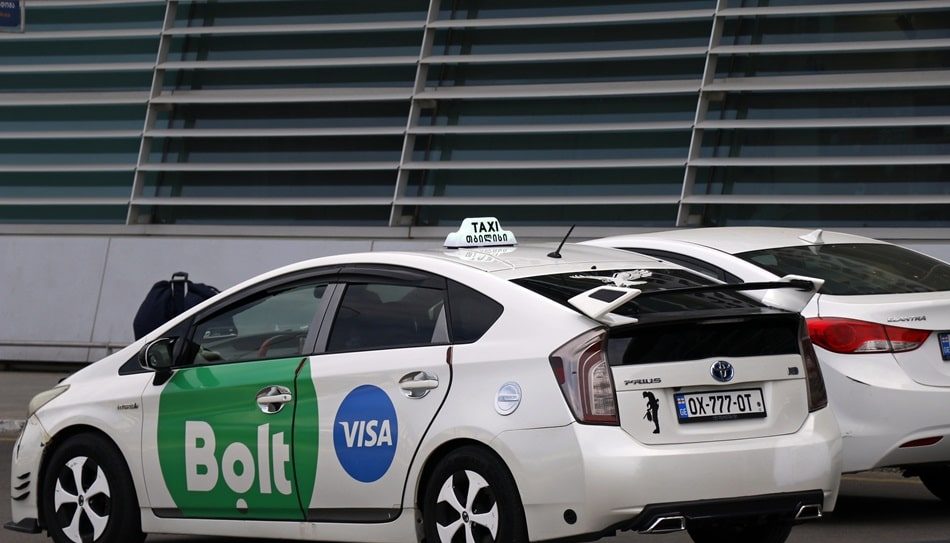Bolt drivers are fighting to be recognized as workers rather than self-employed contractors, in a high-profile case that could reshape the gig economy landscape.
The employment tribunal began this week in London. It involves more than 12,500 drivers who argue the ride-hailing app exerts significant control over their work. They say they should have the same rights as typical UK workers, including holiday pay and the national living wage.
Why Are Bolt Drivers Pushing for Worker Status?
At the dispute is the allegation Bolt’s control over its drivers’ working conditions undermines their status as independent contractors.
Represented by the law firm Leigh Day, the drivers claim they should be granted rights and protections similar to those enjoyed by workers in other industries.
Charlotte Pettman, an associate solicitor at Leigh Day, highlighted the significance of the case, stating:
“This is one of the biggest cases of its kind in recent years.”
Pettman added the tribunal would hear from eight drivers as they present evidence of their working conditions.
Bolt’s Response and Business Model
Bolt, a ride-hailing company founded in Estonia and operational in the UK since 2019, firmly opposes the drivers’ claims.
The company asserts that its model allows drivers to remain self-employed, providing them with the flexibility to choose their working hours and control pricing.
Bolt argues that most drivers prefer this arrangement, citing a recent survey that found six in ten drivers valued the freedom to set their schedules as the most important aspect of their work.
Bolt announced in August it would start offering holiday pay and a guarantee of the national living wage to its drivers.
However, Leigh Day contends Bolt’s approach to these payments does not fully comply with UK legislation. Lawyers say they are leaving drivers shortchanged on previous holiday pay and wages.
The drivers are now seeking compensation for these alleged discrepancies as part of their legal claim.
Need Career Advice? Get employment skills advice at all levels of your career
The Gig Economy and Workers’ Rights
The ongoing case comes at a critical time for the gig economy, as the Labour government prepares to introduce reforms aimed at strengthening workers’ rights.
These reforms could include:
- A ban on zero-hours contracts
- Ending exploitative “fire and rehire” practices
- Introducing a right to disconnect from work outside of regular hours
A key element of the upcoming reforms is the potential for gig economy workers to gain more comprehensive employment rights. These would be similar to those enjoyed by employees in other sectors.
Labour has signaled its intention to create a simpler employment framework that ensures fair treatment for gig economy workers. The specifics of the plan have not yet been revealed.
The case against Bolt echoes broader concerns about the treatment of gig economy workers, who often lack the rights and protections afforded to traditional employees.
Companies like Uber, Deliveroo, and Bolt have faced mounting pressure to improve conditions for their workers.
What’s at Stake for Bolt and the Gig Economy?
If the tribunal rules in favor of the drivers, the case could have sweeping implications for Bolt and other gig economy companies.
A decision to grant worker status to Bolt drivers would potentially force the company to offer backdated compensation and alter its business model to comply with labor laws.
A ruling in favor of the drivers could also inspire further legal challenges from gig workers across the UK. This could cause a ripple effect throughout the industry.
With more companies like Uber already adapting to similar rulings, Bolt may find itself under increasing pressure to comply with regulations aimed at safeguarding workers’ rights.
Moreover, the outcome of this case may influence how the UK government approaches the broader issue of gig economy regulation.
Labor unions, worker advocacy groups, and business leaders are all closely monitoring the case. The results could shape future legislation and policies governing independent contractors.
A New Chapter in the Gig Economy
As the Bolt tribunal progresses, it represents a significant moment for the ride-hailing industry and the future of workers’ rights in the gig economy.
The drivers’ fight for recognition as workers is part of a larger movement challenging the established norms of gig work and pushing for fairer treatment in an evolving labor landscape.




